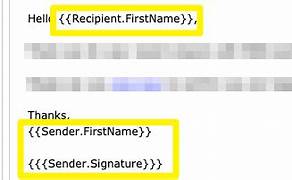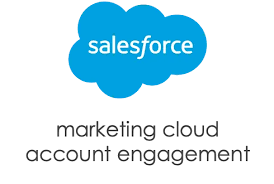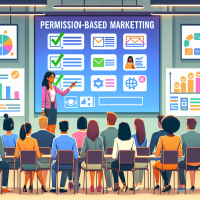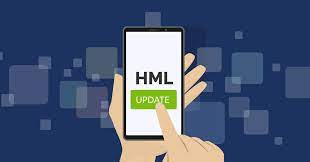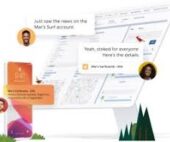Account Engagement Handlebars Merge Language
As of June 12, 2020, Account Engagement Handlebars Merge Language (HML) is enabled by default for all new Account Engagement accounts. For accounts not yet using HML, Account Engagement admins can permanently upgrade from the legacy Account Engagement Merge Language (PML) to HML for personalizing marketing assets. This article focuses on the upgrade process. If your account already uses HML, much of this information may not apply. Note that landing pages and forms do not require conversion after enabling HML. To learn more about working with HML, refer to Salesforce Help. Benefits of Account Engagement Handlebars Merge Language Upgrading to HML offers several key benefits: How to Upgrade If your account uses the legacy merge language and you’re an Account Engagement admin, you can upgrade from the dashboard. Look for the upgrade banner, click “Get Started,” and then “Upgrade to HML.” If you don’t see this banner, your account is already using HML, and no further steps are needed. Will You Be Forced to Upgrade? Not yet. Currently, there is no planned date to retire PML. However, upcoming feature enhancements are built on HML. We encourage you to start using HML to take advantage of its benefits. Where Can You Use HML in Account Engagement? HML is available in Account Engagement email templates, list emails, 1:1 emails, dynamic content, user signatures, landing pages, and forms. In Salesforce, HML is available for Engage emails. Will You Lose Functionality if You Upgrade to HML? Most users can upgrade to HML without losing any functionality. However, if you use the Account Engagement API for list emails and 1:1 email sends, check for any necessary changes before upgrading. What Happens to Your PML Assets? Your existing PML content remains in your account, and you can continue to edit it with PML. Dynamic content blocks with PML tags can be used in all new and existing assets. When you copy or use a PML asset, a built-in conversion tool will help you quickly convert all PML tags to HML. How to Convert All Assets to HML After Upgrading Each asset can be converted individually when you’re ready to use it. Click a button to convert, and the system handles the rest. If any issues arise, the conversion tool will indicate what needs attention. Note that landing pages and forms do not need to be converted after upgrading. What Happens When You Create a New Asset After Upgrading? All new assets must use HML, and you’ll only see the HML merge field picker in content editors. What Happens When You Copy a PML Asset After Upgrading? When you copy an asset that supports HML, the conversion tool will prompt you to switch. Active Engagement Studio Programs, Completion Actions, or Automation Rules Using PML Templates Active Engagement Studio programs, completion actions, and automation rules continue to function normally. You can convert your PML templates when you’re ready. Differences Between PML and HML You won’t lose functionality with HML, but there are some differences in format. Learn more about the differences here. Limitations with HML HML has a limit of 200 merge fields and 10 pieces of dynamic content per email or email template. If an asset exceeds these limits, you’ll need to remove some PML tags before converting to HML. Default Merge Values with HML Default fields function differently with HML’s conditional content statements. Conditional HML #if tags within merge fields allow you to specify content to display when a prospect lacks information for that field. If a default value is specified for a field, it will populate instead of the conditional content from the if/else statement. Using Modifiers with HML Modifiers work similarly in HML as in PML, except that modifiers aren’t needed for merge fields contained in links. Link Tracking with HML Link tracking functions the same way in HML as it does in PML. Disabling HML Upgrading to HML is permanent and cannot be undone or disabled once upgraded. Like Related Posts Salesforce OEM AppExchange Expanding its reach beyond CRM, Salesforce.com has launched a new service called AppExchange OEM Edition, aimed at non-CRM service providers. Read more Service Cloud with AI-Driven Intelligence Salesforce Enhances Service Cloud with AI-Driven Intelligence Engine Data science and analytics are rapidly becoming standard features in enterprise applications, Read more Health Cloud Brings Healthcare Transformation Following swiftly after last week’s successful launch of Financial Services Cloud, Salesforce has announced the second installment in its series Read more Alphabet Soup of Cloud Terminology As with any technology, the cloud brings its own alphabet soup of terms. This insight will hopefully help you navigate Read more

